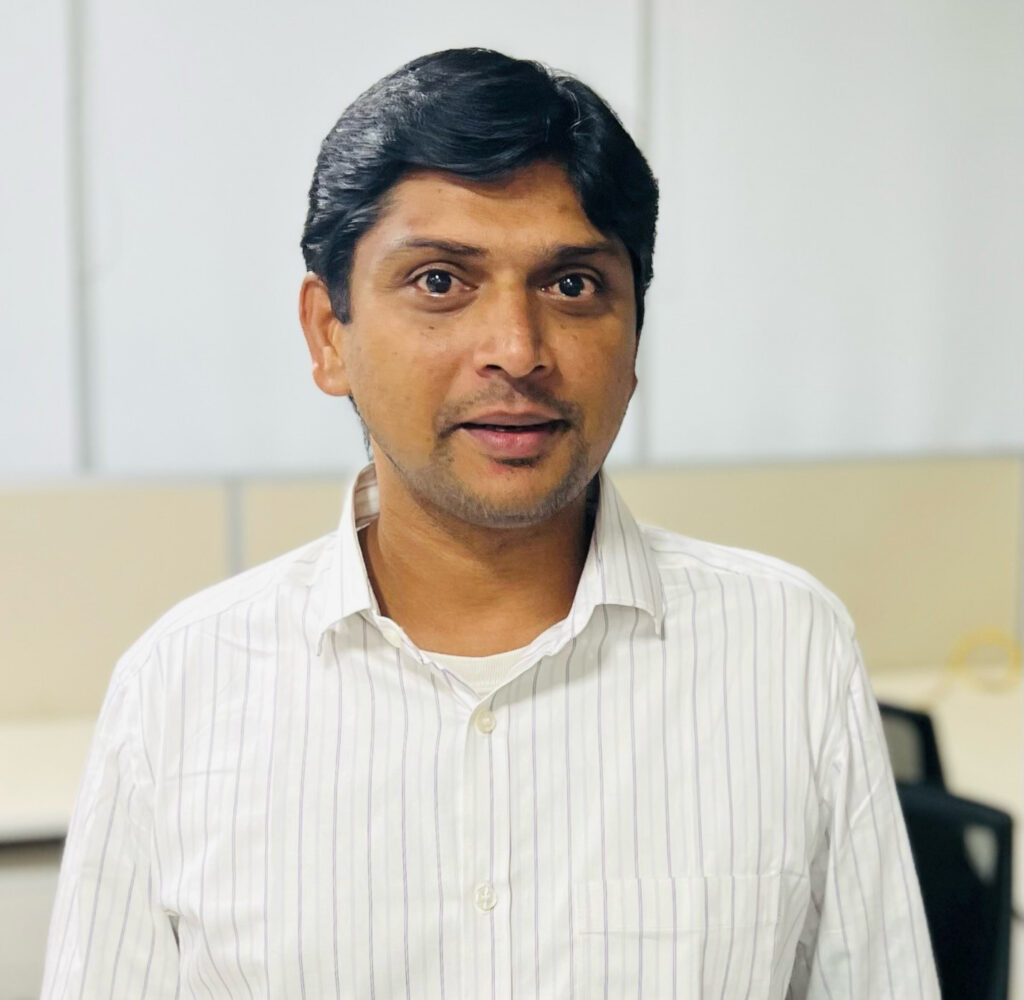Chatbots, telemedicine consultations and AI/ML-driven diagnostics tools are now being deployed to speed up psychological and psychiatric counselling and clinical care
According to official 2021 statistics, women had the highest share of mental health disorders in India, amounting to 39% and 30% for stress and anxiety health disorder respectively. Comparatively, 33% of men had depression as compared to women with 31% during the same time period.
In addition, the number of psychiatrists and psychologists in India is drastically low in comparison to the number of people who are suffering from mental illness.
To deal with this ongoing mental health crisis, companies in India are testing ways in which AI can help in the treatment of automated solutions for mental assessment, according to Kalyan Ganjam, Senior Technical Architect, Prolifics, who spoke with DigiconAsia.net to spread the word about how health tech.
DigiconAsia: What role can AI play in helping treat mental disorders and illnesses?

Kalyan Ganjam (KG): Due to reduced access to physical clinics during the COVID-19 pandemic, there has been a dramatic increase in the use of technology-based healthcare platforms.
AI can be used to stimulate digital conversations with people — especially useful for reaching a wider population at a faster rate. In mental healthcare, a thorough understanding of a patient’s requirements and progress is critical. With AI, this monitoring can be made less labor-intensive while allowing clinicians to prescribe a highly tailored and successful course of therapy.
Apart from this, AI tools are available 24/7 at no cost and reduce the stigma around accessing treatment. These tools can either be used as standalone treatment agents or as a supplement to traditional therapy.
Deep learning and machine learning (ML) technologies can offer higher precision in mental-health diagnoses and patient outcome prediction. The application of AI can be a great aid for professionals as algorithms are capable of detecting a variety of mental diseases with higher accuracy, depending on the choice of the AI approach and the caliber of training data.
Also, due to the anonymity of an AI algorithm, people may find it easier to open up to a chatbot.
DigiconAsia: How is AI-powered clinical consultation different from traditional counselling?
KG: AI-powered tools can detect certain patterns better than humans can. Studying repeated patterns through a large data set improves early detection of possible mental health issues that could escalate into more serious trends.
Chatbots are available everywhere at all times at a very low cost in India. In fact some people may even be more comfortable in sharing their problems with a chatbot versus a human being. When deemed necessary, doctors can be alerted to intervene at the right time to incorporate human expertise into the session.
DigiconAsia: In future, how do you foresee AI will be used in the field of mental health?
KG: More AI mental health products are on the horizon. The initial outcomes of using AI in mental health are encouraging, but the future of long-term effectiveness has not yet been proven.
Although it depends on a number of things, AI will undoubtedly become a solution to the delivery of mental healthcare in India if the local industry can get past several significant roadblocks. It can significantly contribute to the management of the ongoing mental health crisis, and with the creation of safe, dependable, and non-biased AI technologies, the way mental health is handled in the country is set to change.
Already, there are techniques that can accurately diagnose mental health issues and devise a treatment route. Other trends include Natural language processing for speech recognition, where text analysis is used to create and generate clinical documentation as well as to boost human interactions with chatbot computer programs, such as detecting non-verbal indicators including facial expressions, gestures, eye contact, and voice stress patterns.
Also, several mental health clinics are currently experimenting with automated ways to monitor the quality of therapy sessions. Such tools can help ensure high standards of service and can prove to be a game changer here.
DigiconAsia thanks Kalyan for sharing insights on India’s fight against mounting mental health issues.
